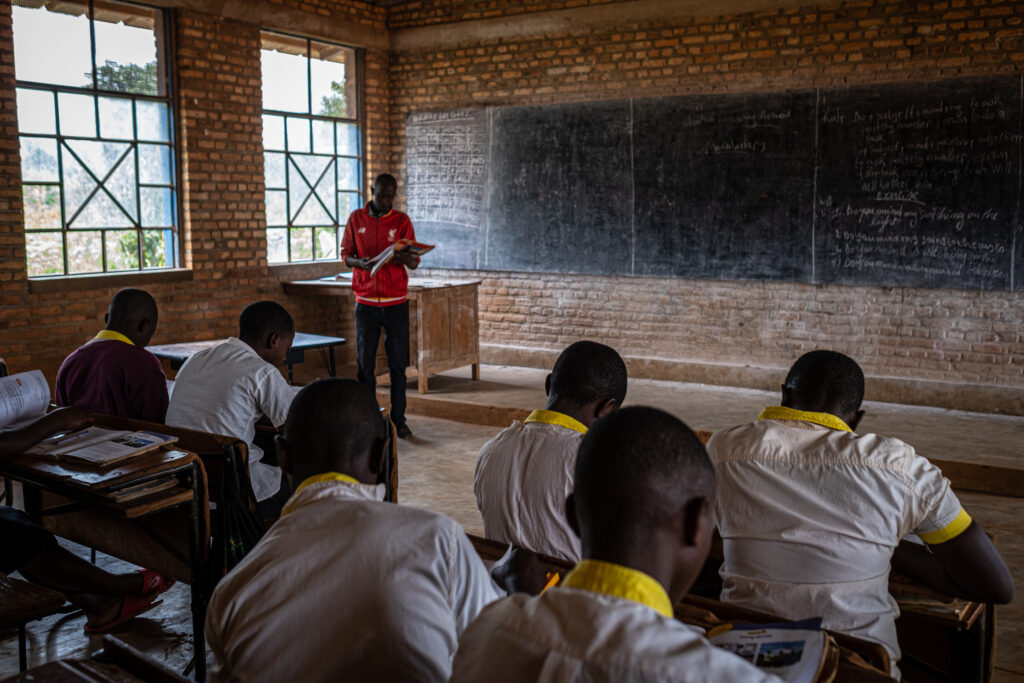The UMUCO W’ITERAMBERE project, implemented from 2019 to 2023 by the consortium consisting of the Italian organisations LVIA (lead partner), ICU and WWGVC, in the Burundian provinces of Kirundo, Cankuzo, Ruyigi and Rutana, ended on 17 December 2023.
The UMUCO W’ITERAMBERE (Energy for Development) programme is a component of the EU-funded EUR 14 million Resilience Support Programme for the People of Burundi.
The project aimed to improve access to a basic, modern, efficient and sustainable energy service for the rural population, as well as for health centres, schools and production activities, located far from the national electricity grid. This action involved five axes of intervention:

1. Access to solar energy for households: the project enabled households to reduce their energy expenditure, increase the time they spent on work and studies, and diversify their sources of income. Its objective was the creation and strengthening of an extensive system for the sale of solar home kits according to two sales approaches, called “community” and “RBF”.
2. Access to solar energy for essential social services: photovoltaic systems were installed at community social facilities, i.e. schools, centres, refugee camps, the production of chlorine-based disinfectants and the installation of solar water pumping systems at health centres.
3. Access to solar energy for economic/productive activities: The implementation of innovative solar power plants has increased agricultural production and the development of income-generating activities.
4. Strengthening vocational training of young people and job creation in the solar energy sector: vocational training of young people fostered the development of solar energy-related business ideas.
5. Protection of the rural environment through the promotion of sustainable and efficient wood/energy technologies and management systems: environmental protection activities have included the reforestation of bare hillsides, the production and dissemination of improved charcoal production techniques and the promotion of less energy demanding equipment (Foyers améliorés).
ICU’s intervention focused mainly in the rural provinces of Kirundo, Rutana and Ruyigi, in terms of achieving Outcomes 2, 3, 4 and 5. ICU’s activities in particular enabled the provision of renewable energy to 8 Health Centres, 30 educational institutions, 20 PO Producer Cooperatives and 14 school canteens, improving the living conditions of the population in the provinces of Kirundo, Ruyigi and Rutana.



